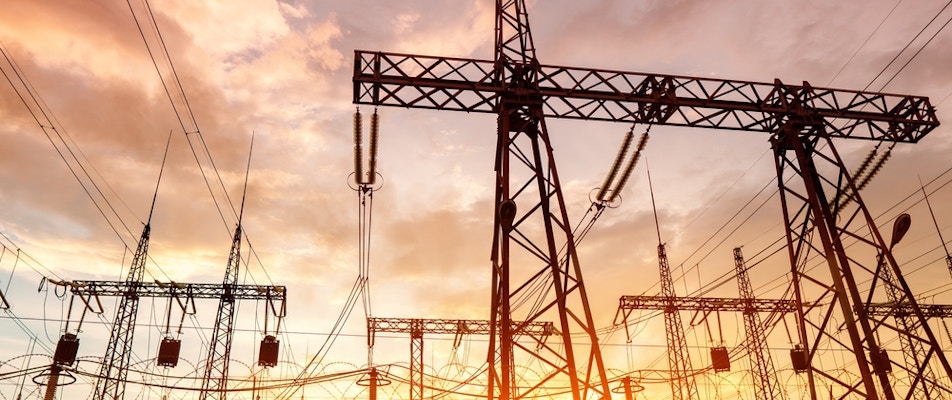

About the People’s Panel
SA Power Networks is looking for 10+ businesses of different sizes, with and without solar panels or with other distributed energy resources such as batteries and electric vehicles, to be part of a People’s Panel process. The People’s Panel will be advising SA Power Networks on how to phase in two-way pricing, that is, tariffs that incorporate a fee to feed energy into the grid, also referred to as ‘export tariffs’.
Recent changes to the National Electricity Rules allow for export tariffs to ensure that future costs to upgrade the electricity distribution network to enable more energy to be fed in are shared fairly.
SA Power Networks want the People’s Panel to provide advice about what the transition arrangements should be for the introduction of export tariffs from 2025 onwards, ie when export tariffs should be introduced for different customers groups.
The Panel will meet on 4/5 March 2023. You will need to commit to being involved for the two full days. During this time, you will be briefed about export tariffs and participate in deliberative conversations with other businesses and members of the community to agree on the best approach for staging the introduction of the export tariffs.
SA Power Networks will be compensating participants for their time – providing an honorarium of $240 to help compensate you for any costs you incur through your participation.
Interested? the South Australian Business Chamber members can contact Jordan Smith, Policy Advisor via email: jordan.smith@business-sa.com
About export tariffs
As Australian households and businesses continue to take up rooftop solar and other distributed energy resources, parts of the electricity network will need to be upgraded over time to ensure the network has enough capacity to transport the increasing volume of energy being fed in.
In 2021, the Australian Energy Market Commission made changes to the National Electricity Rules that clarify the obligations on electricity distribution networks like SA Power Networks to plan for future levels of exports and invest appropriately in network capacity to meet demand. The rule changes also allow for the cost of this network investment to be recovered via export tariffs.
Like time-of-use tariffs today, export tariffs will allow network companies to send a pricing signal to customers to indicate when exports into the grid are a cost or benefit to the grid. These tariffs may include both a charge for energy sent to the grid if it is at a time when the grid is under constraint, or a credit for energy exported at a time when this benefits the grid. As is the case today, these network tariffs are paid by electricity retailers, who can then pass on these export charges and rebates through bills to customers. The intent of export tariffs is to ensure cost-reflective pricing, that is, money spent for the purpose of enabling exported energy into the grid is recovered from those who are exporting into the grid.